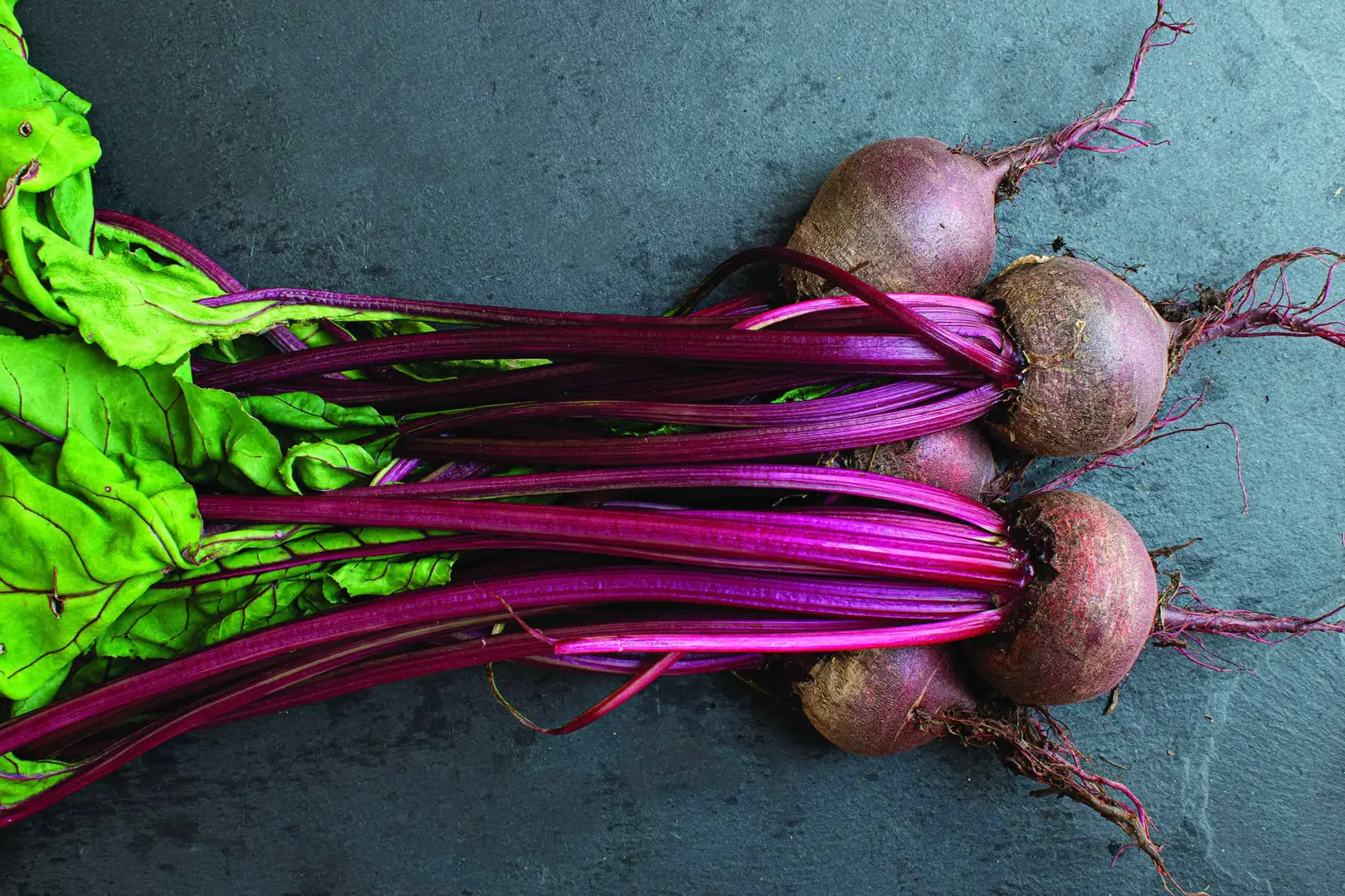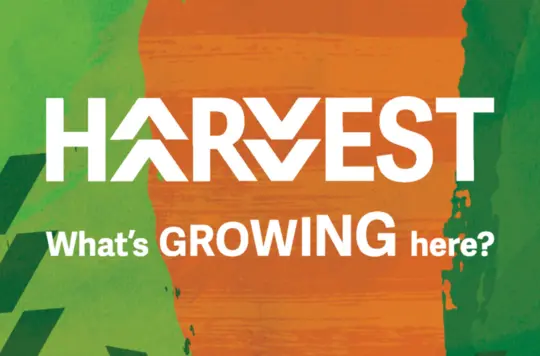27 September 2025
Galatians 6: You reap what you sow
Lieutenant Lizzy Kitchenside
Lieutenant Lizzy Kitchenside encourages us to take care with what we cultivate.
Key texts
I AM not a gardener, but I did plant a small vegetable bed this summer. However, when I was sowing the seeds, I got distracted by another job and completely forgot to label what I had sown and where. It’s been a guessing game, trying to figure out what seeds might appear. Thankfully, our study passage teaches us that, we reap what we sow. For me, the mystery seeds developed and were easy to identify as beetroot!
Pause and reflect
- Psalm 1 and John 15 compare our spiritual lives to growth in nature. What comes to your mind when you read them? What do you learn from it?
Paul teaches that the Church is called to be a flourishing and diverse community that is no longer governed by Jewish Law. Instead, we are to be empowered and guided by the freedom of the Holy Spirit. The image that comes to my mind is a colourful bouquet of flowers. However, with freedom comes responsibility. For example: ‘“I have the right to do anything,” you say – but not everything is beneficial’ (1 Corinthians 10:23). Navigating freedom and faith is learning to keep in step with the Spirit.
In the previous chapter of Galatians, we are taught what the outworkings of living by the Holy Spirit will look like – the fruit of the Spirit (see Galatians 5:22 and 23).
Paul warns us of the simple scientific fact that we reap what we sow. Those beetroot seeds I planted could never turn into sunflowers no matter how good or bad a gardener I am! Likewise, if we live lives that cultivate sin and selfishness, eventually we will have to deal with the consequences. Even if these begin as tiny seeds hidden beneath the surface, eventually the weeds will sprout, and the evidence will appear in more noticeable ways. Thankfully, the opposite is also true: ‘Whoever sows to please the Spirit, from the Spirit will reap eternal life’ (v8).
In his book The Crucified Life, AW Tozer writes: ‘Success in the Christian life is not automatic. The soul must be cultivated like a garden and the will must be sanctified through and through.’
Gardening is time-consuming. It requires patience as we wait for the plants to slowly take form. The same is true of cultivating our spiritual lives. It’s gradual and takes time. There is also a need for continual maintenance. Allowing the Holy Spirit to prune our lives and habits encourages growth. His strengthening presence helps us in times when we are tempted to sin.
Pause and reflect
- Read Galatians 5:22 and 23.
- Where do you recognise the fruit of the Spirit in your life?
- How are you sowing and reaping?
- What spiritual maintenance – sins that need confessing, habits that need encouraging or cutting off – needs doing?
As well as taking time to see the results, there are also the seasons to contend with in a garden. The same is true for us as we experience seasons when our spiritual lives may seem dry or barren. However, we are assured that: ‘As long as the Earth endures, seedtime and harvest … will never cease’ (Genesis 8:22).
Paul encourages us to ‘not become weary in doing good, for at the proper time we will reap a harvest if we do not give up’ (v9).
My vegetable patch doesn’t produce beetroot year round but, after care and attention, at just the right time, I will eventually enjoy the harvest.
The context of Paul’s writing was an exciting and yet difficult time for the original audience. It was a time of persecution for Christian converts and many were grappling with their Jewish tradition and how Gentiles could be welcomed into their community. Yet it was also a time of rapid growth for the Church as the apostles continued their missionary journeys, which we read of in Acts.
It certainly gives me great comfort to know that God continues to work for us and through us in ways that we often cannot see at the time. Even in the difficult seasons, we can trust God’s promises and his timing.
Pause and reflect
- Looking back on your faith journey, where have you seen these different seasons?
- How would you describe your current season of life and faith?
As well as tending to our own spiritual lives, we are also to encourage each other: ‘Right now, therefore, every time we get the chance, let us work for the benefit of all, starting with the people closest to us in the community of faith’ (v10 The Message).
Reflecting on our own spiritual journeys, we might recognise that numerous people have planted spiritual seeds that have had an eternal impact on us.
Pause and reflect
- Give thanks to God for the people who have sown seeds and helped to cultivate your spiritual life.
- What seeds are you planting in your community?
- How might you encourage spiritual growth in your fellowship?
Whatever season of life and faith we might find ourselves in today, let’s be expectant and prepared for an abundant, heavenly harvest. May we tend to the garden of our souls and weed where necessary. May we be led by the Holy Spirit and recognised by his fruit in our lives (see Matthew 7:20). Although we don’t always get the privilege of seeing the harvest, let’s seek to encourage and plant good seed in the lives of all those we walk with.
We can find encouragement and hope in Paul’s words: ‘He who began a good work in you will carry it on to completion until the day of Christ Jesus’ (Philippians 1:6).
Bible study by

Lieutenant Lizzy Kitchenside
Corps Leader, Harold Hill




